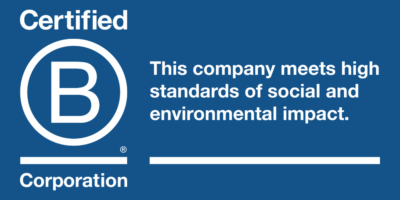Article featured in Valuewalk. May 24, 2021.
For most Americans, 401(k) plan accounts have become the predominant retirement savings vehicle. Currently, more than $6.4 trillion is invested in 401(k) plans across the country, a 73% increase in the past ten years.1 An additional $2.7 trillion is invested in other defined-contribution plans, such as 403(b) plans for educational or non-profit organizations.1
Investment Advice For Your 401(K) Account
The vast majority of retirement plan participants do not consider themselves expert investors, nor do they want to take the time to manage their investments. Investors who want some level of professional advice on investment selection have a few basic options:
Target-date funds and balanced funds
Target-date funds are by far the most popular “do-it-for-me” approach, with 78% of 401(k) plan participants opting in2 —even though the average 401(k) plan offers 28 investment choices.1 Balanced funds are similar except with fixed allocation percentages rather than percentages that change over time.
Managed accounts
Some 401(k) plans offer a managed account program, in which an investment advisor serves as a plan fiduciary and provides tailored advice to participants based on their age, risk tolerance, time horizon and other personal factors. Managed account programs may or may not include financial planning services outside of the retirement plan, offering a more holistic view of an employee’s financial picture. These services clearly offer a more customized investment solution to participants, compared to target retirement date funds, but they come at a cost. Because of the advisory fee and perhaps a lack of understanding, only about 5% of participants used a managed account program.2
Professional advice from a financial advisor not associated with the plan
Many investors work with a financial advisor but keep their retirement accounts separate. That is, the advisor is aware of those assets but not charging fees to manage them. Implicitly, this means plan participants either believe they can manage their own investments or are satisfied with the “do-it-for-me” products offered by their 401(k) plan.
Why pay an advisor not associated with a plan?
Advisors typically charge between 0.5% and 1.0% of assets to provide ongoing financial advice.3 This may seem like an unreasonable charge to some; however, evidence indicates that net investment returns can be increased by up to 3% per year.4









